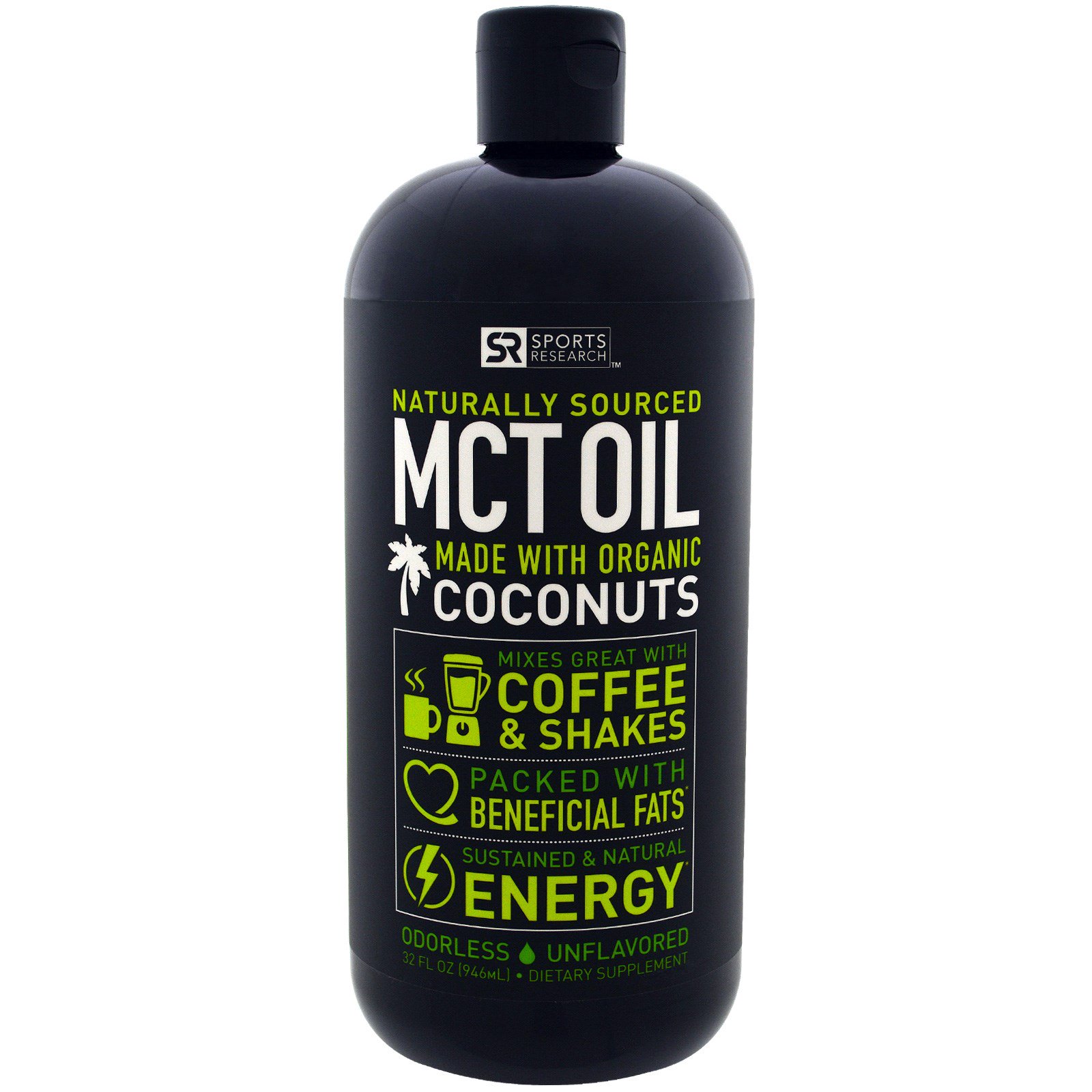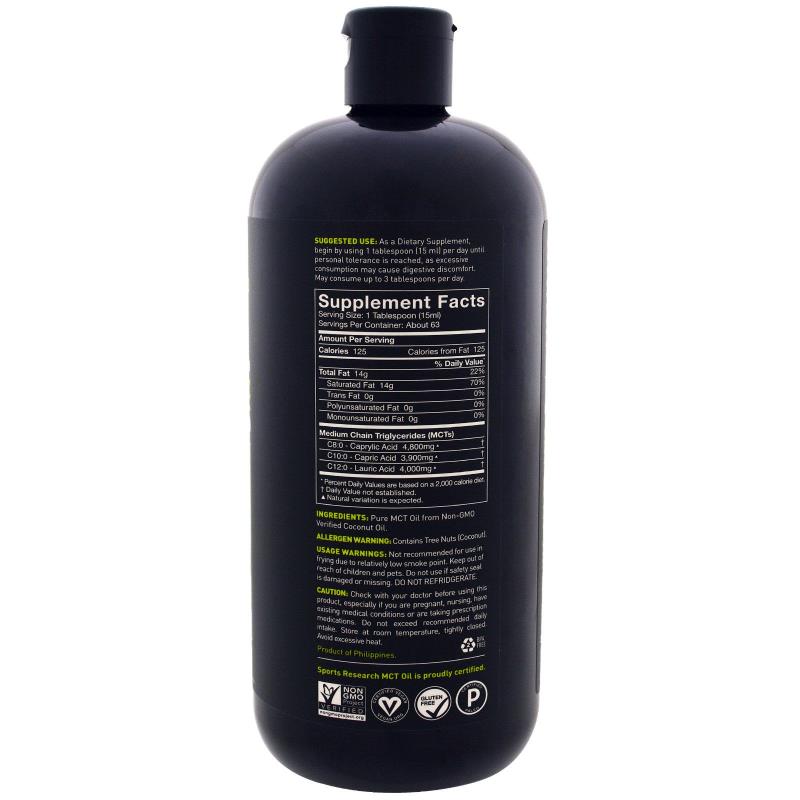Shopping Bag
0
- No products in the cart.


What Exactly Is MCT Oil? (https://www.megustacoffee.com/shop/coffee-accessories/coffee-mct-oil/)
MCT is a man-made saturated fatty acid. “Pure MCT oil” (the kind that’s tested in the studies below) is made in the lab by combining medium-chain triglycerides from coconut oil and palm oil. Why not just coconut or just palm? Because plain palm and plain coconut contain longer-chain triglycerides as well. “We’re finding coconut oil is a blend of these chains,” says registered dietitian Jessica Crandall. This is part of the reason why it’s been recently reported that coconut oil might not be as healthy as you think.
Understanding the power of MCTs comes down to understanding why they’re better for you than their long-chain cousins.
The lengths of medium- and long-chain triglycerides represent how many carbon molecules are attached. Why is medium better than long? MCTs (6 to 8 carbon molecules) are digested more rapidly, and are considered a source of clean fuel for the body and brain, says Crandall, meaning they will give your body the energy it needs without filling it with a bunch of stuff it doesn’t—such as added sugar and processed ingredients. Long chains (10 to 12 carbon molecules) take longer to metabolize and get stored as fat in the process.
You’ve probably been trained to fear saturated fat, but now researchers and fitness nuts alike are suggesting that not all saturated fats deserve a bad rep, and that includes the fat found in pure MCT oil. The theory is that by consuming this quick-digesting fat, the body rapidly absorbs and metabolizes it for fuel, while more of the slow-burning longer-chain fats like olive oil, butter, beef fat, palm oil, and coconut oil get stored.
This digestion difference could be why Mark Hyman, M.D., author of Eat Fat, Get Thin, calls MCT oil “the secret fat that makes you thin.” Dr. Hyman says MCT oil is a “super fuel” for your cells because it “boosts fat burning and increases mental clarity.”
The Health and Fitness Benefits of MCT Oil
Most of the health benefits surrounding the MCT oil hype have to do with weight loss and your metabolism, and one study found that people saw more weight loss and decreased body fat from consuming MCT oil rather than olive oil. The weight-loss bonus MCT oil provides could have much to do with the higher burn rate, meaning your body is able to quickly metabolize the fat, giving your metabolism a little boost in the process.
Research has also looked at whether MCT oil could be used to treat certain GI conditions related to the malabsorption of nutrients. It’s the “rapid and simple” digestion of MCTs that might be the key, reports one paper published in Practical Gastroenterology. Turns out, the length of a fatty-acid chain influences its digestion and absorption within the GI tract. Some people cannot digest longer chains efficiently and therefore don’t get the nutrients the body needs, but they are able to successfully digest and absorb these fast-metabolizing MCTs.
Other studies also link MCTs to decreased cardiovascular disease and Alzheimer’s, “but that research is very limited,” says Crandall.
But here’s the interesting thing that’s separating MCT oil from the pack. “None of the benefits of MCT oil have been shown to be true with coconut oil,” says Crandall. Why not? Again, it all comes down to the kind of saturated fat found in those medium chains.
How to Cook, Drink, and Use MCT Oil
Pure MCT oil is a clear, flavorless liquid that should be consumed plain without heating it. It’s unrefined, so it has a low smoke point similar to flaxseed oil, wheat germ oil, and walnut oil, and does not respond well to heat. Basically, you don’t cook with MCT oil.
What you can do is add the plain oil to coffee, smoothies, or salad dressings. It’s easy to slip into a meal or drink without much work, as a serving size usually ranges between just half a tablespoon to up to 3 tablespoons. Most 100 percent MCT oils on the market recommend starting with half a tablespoon to see how your digestive system responds. Too much too fast could lead to digestive distress. And don’t forget that MCT is still a liquid fat that’s calorically dense—1 tablespoon comes in at 100 calories.
“Having 300-plus calories in oil a day, even MCT with all its benefits, won’t give your metabolism a big enough rev to offset those calories,” says Crandall.
https://www.shape.com/healthy-eating/diet-tips/what-mct-oil-superfood-ingredient
